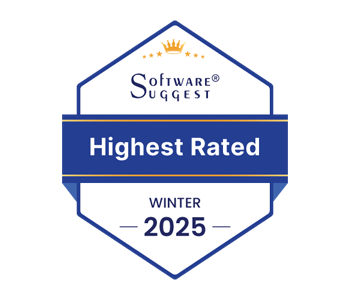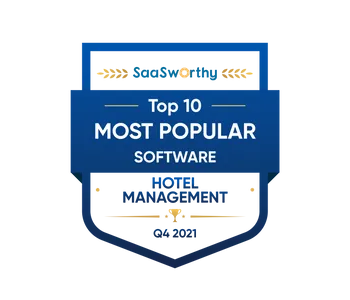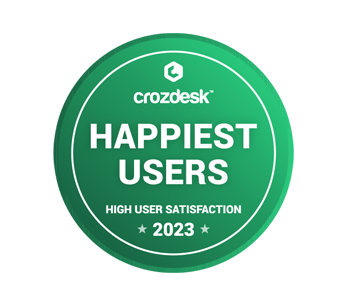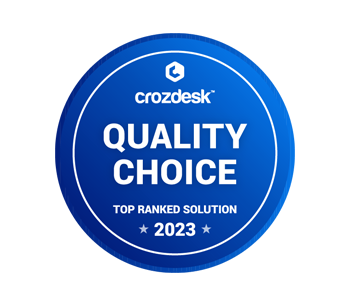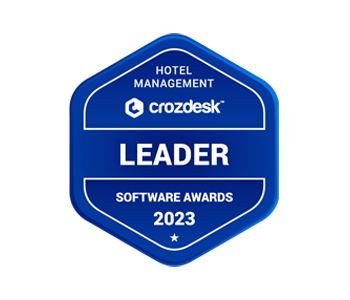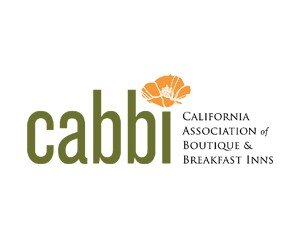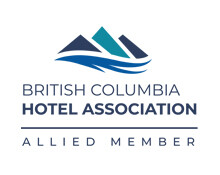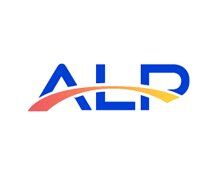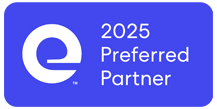According to Larry Mogelonsky of Hotel Mogel Consulting, COVID-19 might be a boon for direct bookings. As OTAs (online travel agencies) struggle with mass cancellations due to the pandemic, travelers are finding it difficult to access overloaded customer support systems (online and on the phone) to process cancellations, refunds and credits.
As Mogelonsky pointed out in his article, the frustration and uncertainty resulting from difficulty reaching customer helplines and not knowing if or when refunds or credits are available may put many travelers off using OTAs, at least for a while. Instead, making the effort to book direct with hotels and airlines for personalized and immediate service might give peace of mind to cautious travelers.
Whether such a behavioral shift eventuates is yet to be seen, but using the downtime now to rethink your distribution strategy and optimize your direct sales channel is a good plan in any case.
Now’s an opportune time to review systems like your website booking engine, or to get online bookings up and running on your property’s website if you haven’t already. Check with your property management system (PMS) provider to find out if they offer an integrated website booking engine. If you’re using WebRezPro, a commission-free online booking engine is included with your PMS.
Below, we’ve outlined important elements of a future-proof website booking engine to help you make sure you’ve got one that will maximize direct conversions and profitability going forward.
What to Look for in a Website Booking Engine – A Checklist
Travel consumers are used to the kind of streamlined online booking experience provided by OTAs. It’s important to meet the expectations of today’s travelers with a simple, seamless and secure booking process on your property’s own website to maximize conversions.
>>PMS integration
Your online booking engine should integrate with your property management system and channel manager (if your PMS is integrated with third-party distribution channels, the PMS will essentially act as your channel manager). This will ensure that room availability and rates are always up to date across all distribution channels—a necessity if you want to avoid overbooking—and that reservations coming through your website are automatically entered into the PMS.
Integration with the PMS also supports customer loyalty through recognizing repeat guests, streamlining the booking process by auto-filling fields and awarding reward points.
>>Secure
An online booking engine accepts personal and payment data from customers, so protecting the privacy and integrity of that data is critical—for both your customers and your business. Choosing a PCI DSS compliant system is extremely important. Look for security measures that include SSL encryption, secure data storage and certified integrations with payment processors.
>>Simple booking process
Complicated booking processes have higher rates of booking abandonment. The simpler, the better. Think no more than three steps: 1. Search for availability and select room; 2. Complete required booking information; 3. Booking confirmation. Only require the information you absolutely need to confirm a booking. Any additional data or options should be voluntary—strive to keep booking forms as short as possible. Remember, additional information can be collected after the booking is made, via pre-arrival communications or at check-in.
Upon completion of the booking, the system should automatically trigger a confirmation screen, instantly reassuring the customer that their booking was successful, and also a confirmation email containing the reservation details.
>>Flexible
To maximize revenue, your website booking engine should be able to accommodate all the pricing strategies you use. It should offer the flexibility to sell packages, group rates, add-ons, password-protected rates and so on, applying length-of-stay and other booking restrictions as applicable. Flexibility is more important than ever during these uncertain times. As the world recovers from the pandemic, hotels must be ready to pivot their marketing and pricing strategies to capture demand.
>>Reservation modifications and cancellations
As proven by the travel disruption caused by this pandemic, a simple, accessible process for modifying or canceling existing reservations is desired and expected by travel consumers. Going forward, this may have an even greater impact on the traveler’s decision to make a booking.
Allowing customers to modify or cancel bookings online through your website booking engine is convenient for customers and saves front-desk agents time—as long as the process is quick and easy. For example, customers should be able to retrieve their booking information by simply entering their email address and booking confirmation number, and then make changes without having to re-enter personal information. Confirmation emails are key to reassuring customers by confirming the change, and should be automated for efficiency and consistency.
It’s also important that your cancellation policy is clearly stated within your website booking engine at the time of booking. Following this crisis, it’s likely that the majority of travelers will need time to regain confidence in travel and spending. Clear, flexible cancellation policies will help provide the reassurance they need to make a booking.
>>Commission-free
Direct bookings carry a lower cost of acquisition than bookings coming through third parties that charge commission. If your PMS includes a direct online booking engine, make sure it’s commission free to maximize profit. This can make a big difference to your bottom line, especially as your direct channel gains more weight within your distribution mix.
>>Analytics
As a core component of your distribution strategy, your online booking engine should track performance so that you can measure the success of your direct booking strategy and identify areas for improvement. Automatically generated reports should provide insights into conversion rates, booking lead times, revenue from special promotions and so on.
>>Mobile-friendly
Today’s travel consumers research, plan and book travel across devices, so be ready to maximize conversions when travel bounces back with a mobile-friendly online booking engine that provides all users with an optimal experience. On mobile, that means a simple, secure, tap-friendly booking process that is easy to read and navigate on a small screen. An online booking engine that utilizes responsive design will have you covered on all devices (from desktops to smartphones).
>>Customizable to your brand
Your website booking engine should offer a degree of customization to display your business’s logo and images, as well as customizable messages and descriptions, to reinforce branding and help build credibility and trust.
>>Facebook compatibility
Very effective at attracting qualified traffic, social media has become much more than a platform to stay in touch with friends; it is also an important sales and marketing channel for businesses across industries.
Connecting your property’s Facebook page with your website booking engine makes it easy for your customers to make a booking directly from Facebook, a convenience that will help create a seamless online experience for your customers and result in increased direct bookings.
>>Inclusive
Make sure your website booking engine welcomes all by providing all customers with a user-friendly experience. Currency and language options simplify the process for international customers, and ADA-compliant features, such as ALT text for images (for screen-reader compatibility) and alerting bookers that the property offers accessible units, makes booking easier for customers with disabilities.
Many things have changed since COVID-19 swept the globe. It will take a while to get back to “normal” and it will happen at different rates and in different ways for different regions. People will travel with enthusiasm again, but it may take time for consumers to regain confidence in travel spending. Make sure your property is ready to meet future demand with a website booking engine that supports your customers through a simple, seamless and secure booking experience.










